Three eco-friendly adventure holidays
From climbing a volcano in the Azores to exploring the wilderness in Argentina
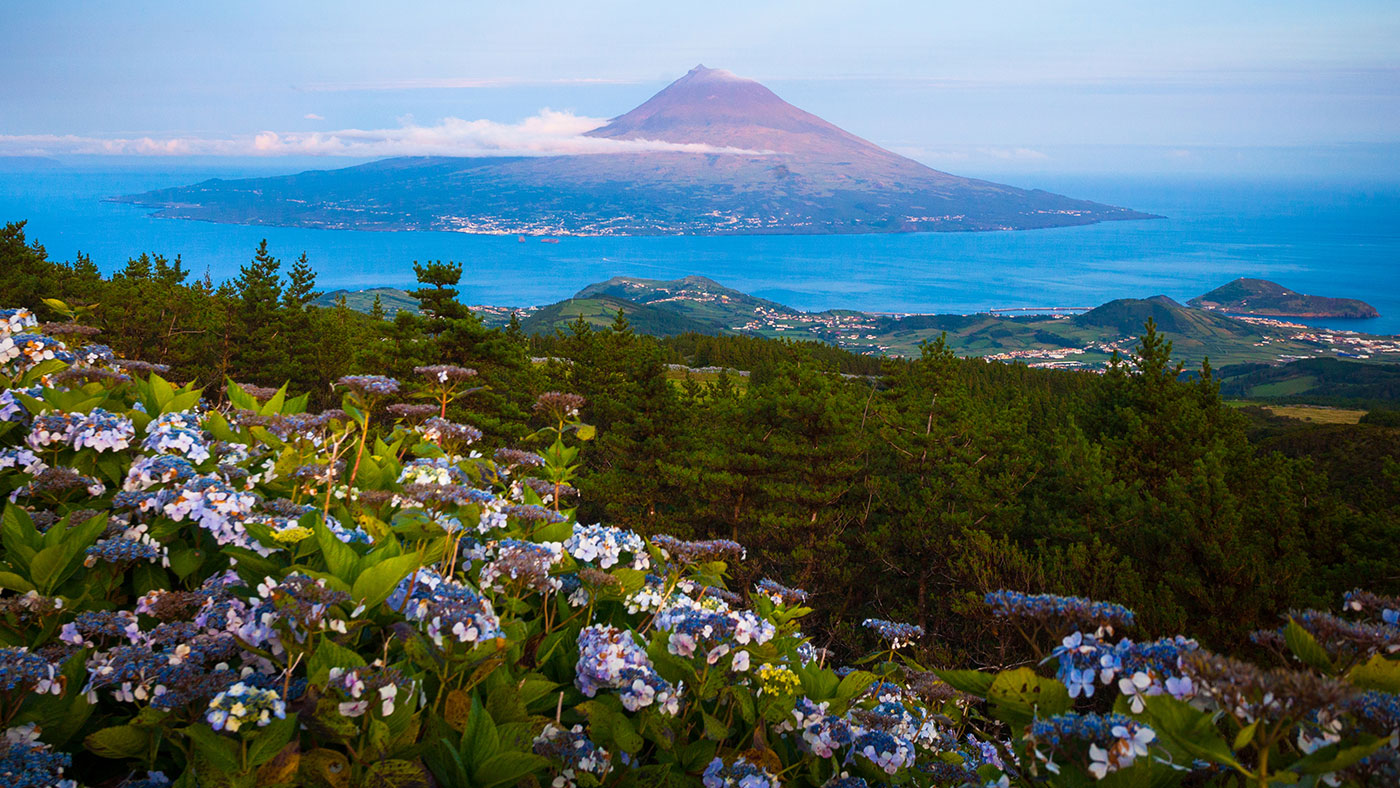
A free daily email with the biggest news stories of the day – and the best features from TheWeek.com
You are now subscribed
Your newsletter sign-up was successful

All nine islands that form the Azores are the result of volcanic eruptions, says Trish Lorenz in Condé Nast Traveller. They emerged from the mid-Atlantic, “tiny atolls of black lava dominated by the mountains that spawned them”. One of the islands, Pico, looks like a child’s drawing from the air, “an islet in the middle of Cerulean water, the volcano I set out to climb at its centre”.
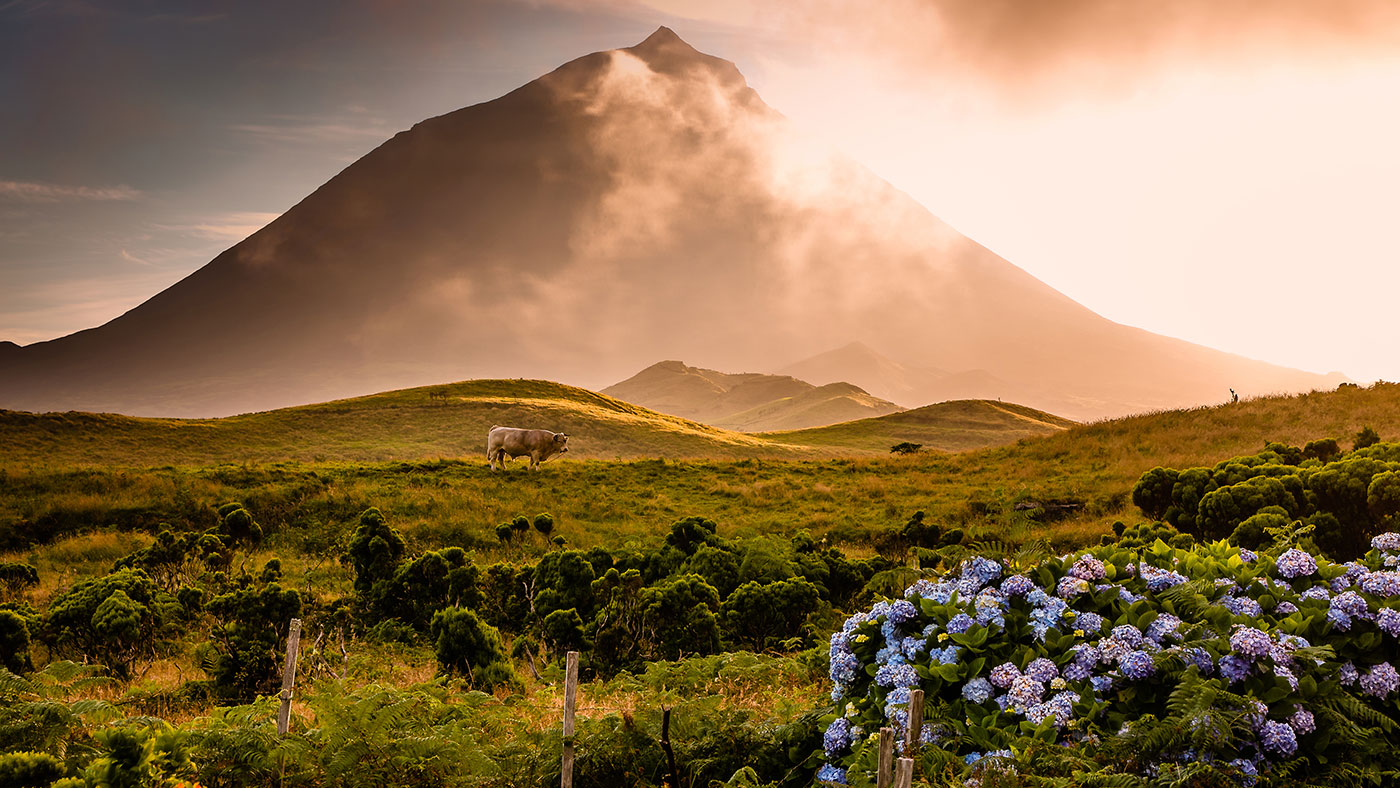
With the mountain “tinged red in the pale light” just before dawn, Lorenz and her guide set out. After reaching the first plateau, the landscape becomes “extra-terrestrial”, with “wrinkled, cooled lava and clumps of purple heather”. The stones become hot to the touch. Lorenz has the feeling she’s “scaling some vast prehistoric beast… after the huge grey boulders of its vertebrae and the smooth muscles of rippled magma”, she at last reaches its “snorting, breathing crown”. The view from the summit is “spectacular, a satellite’s map of the other isles” in the Azores. Trips from about £1,080 for two for six nights, azoresgetaways.com.
The Week
Escape your echo chamber. Get the facts behind the news, plus analysis from multiple perspectives.

Sign up for The Week's Free Newsletters
From our morning news briefing to a weekly Good News Newsletter, get the best of The Week delivered directly to your inbox.
From our morning news briefing to a weekly Good News Newsletter, get the best of The Week delivered directly to your inbox.
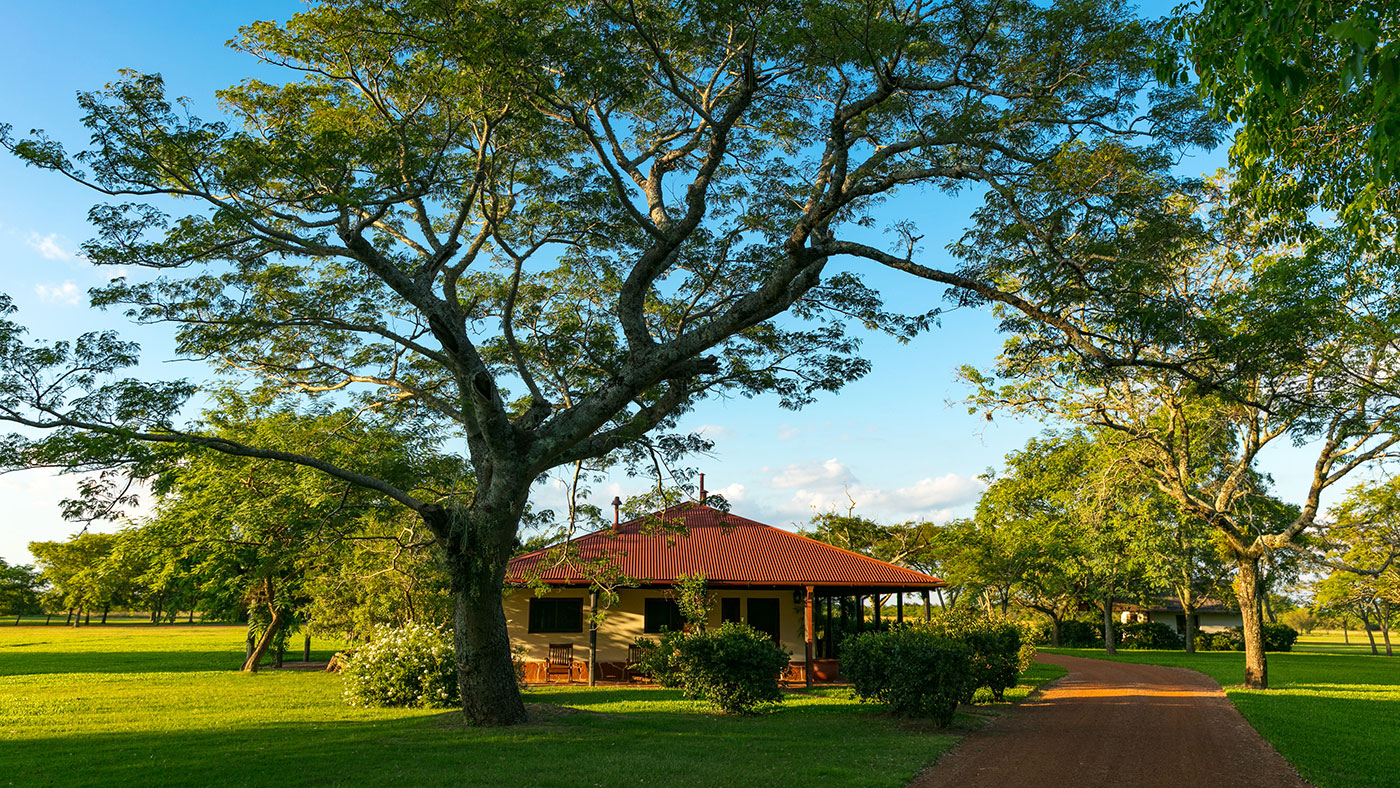
A pioneering ecotourism project in Argentina
The Iberá estuaries in the Corrientes province of north-east Argentina form one of the world’s largest freshwater wetlands, says Sarah Gilbert in The Guardian. This wilderness, where floodplains, Chaco grassland and subtropical forest converge, is home to more than 4,000 species of flora and fauna, including more than 360 species of birds. It is one of South America’s pioneering conservation and ecotourism projects.
To help fund the works, Hostería Rincón del Socorro (pictured above – from £147, rincondelsocorro.com.ar), a luxury lodge, was opened in 2001. There’s also Posada Uguay (£75, posadauguay.com), located a 30-minute drive away. This rustic four-bedroom retreat is “in such a tranquil spot that I could hear the beating wings of the iridescent hummingbirds that flitted around the garden, as well as the sonorous calls of distant howler monkeys”.
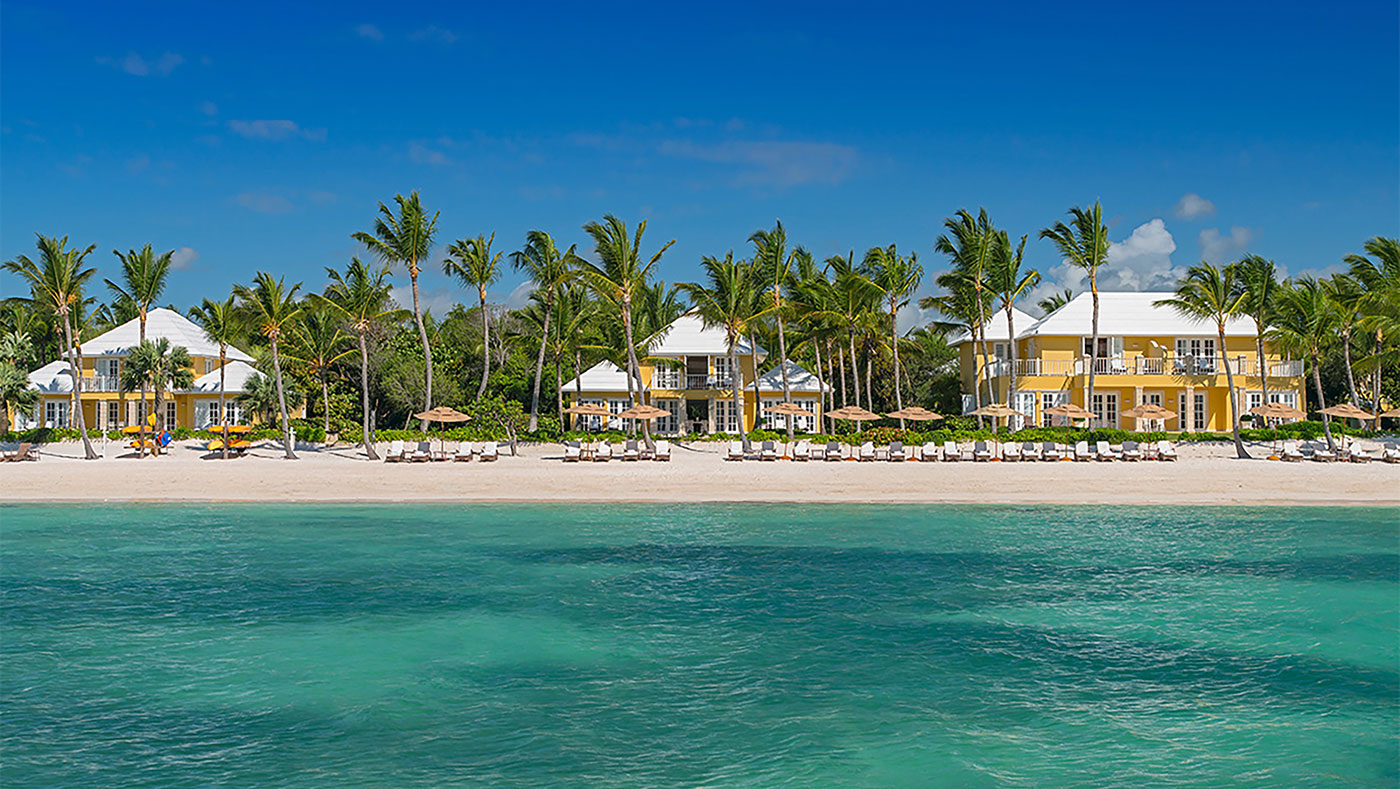
An indulgence in the Dominican Republic
A free daily email with the biggest news stories of the day – and the best features from TheWeek.com
“I’m standing above a clear freshwater lagoon in a lowland subtropical forest on the eastern tip of the Dominican Republic,” says Victor Ozols on the Daily Beast. “I take a breath and summon the courage to jump. The water’s cold… and the plunge deep.” Guama lagoon is one of 12 ojos (eyes) that are connected by a trail through Indigenous Eyes Ecological Park and Reserve.
This corner of the island, Punta Cana, was once home to the Taíno people. “I’m going to assume they swam around in the ojos too, so taking a dip feels like connecting with history.” The kind of indulgence on offer at the luxury Puntacana Resort & Club (pictured above, from $289, puntacana.com) would have been alien to the Taíno, and a stay here makes for a very easy kind of eco-adventure, “but I’ll count it anyway”.

How to travel green
There’s plenty you can do to offset the effects of your travel on the environment, says Wanderlust. Here are six tips:
1. Switch off: Unplug all electronics and turn down the thermostat. Suspend deliveries.
2. Choose a green destination: Are there cycle networks, public transport, local food markets? Avoid overly popular places and travel out of season.
3. Pack light: Planes and trains use more fuel the heavier they are. Take only what you need, a reusable water bottle, coffee cup and recyclable shopping bags. Reduce plastic with a bamboo toothbrush and download your boarding pass to your phone.
4. Fly direct: Taking off and landing uses more fuel than being in the air, and pay to offset your carbon footprint. Better yet, go by rail or sail.
5. Stay in an eco-hotel: Choose a hotel with sound environmental policies. Conserve water and electricity, and don’t use the laundry service. Eat out locally and avoid buffets, which are wasteful. Better still, camp or stay with friends.
6. Be an ethical consumer: Buy only locally made and sustainable souvenirs. Clean your boots to avoid spreading seeds and insect eggs to different locations. Take the time to learn about the local people and donate to local projects.
This article was originally published in MoneyWeek
-
 How the FCC’s ‘equal time’ rule works
How the FCC’s ‘equal time’ rule worksIn the Spotlight The law is at the heart of the Colbert-CBS conflict
-
 What is the endgame in the DHS shutdown?
What is the endgame in the DHS shutdown?Today’s Big Question Democrats want to rein in ICE’s immigration crackdown
-
 ‘Poor time management isn’t just an inconvenience’
‘Poor time management isn’t just an inconvenience’Instant Opinion Opinion, comment and editorials of the day
-
 Sport on TV guide: Christmas 2022 and New Year listings
Sport on TV guide: Christmas 2022 and New Year listingsSpeed Read Enjoy a feast of sporting action with football, darts, rugby union, racing, NFL and NBA
-
 House of the Dragon: what to expect from the Game of Thrones prequel
House of the Dragon: what to expect from the Game of Thrones prequelSpeed Read Ten-part series, set 200 years before GoT, will show the incestuous decline of Targaryen
-
 One in 20 young Americans identify as trans or non-binary
One in 20 young Americans identify as trans or non-binarySpeed Read New research suggests that 44% of US adults know someone who is transgender
-
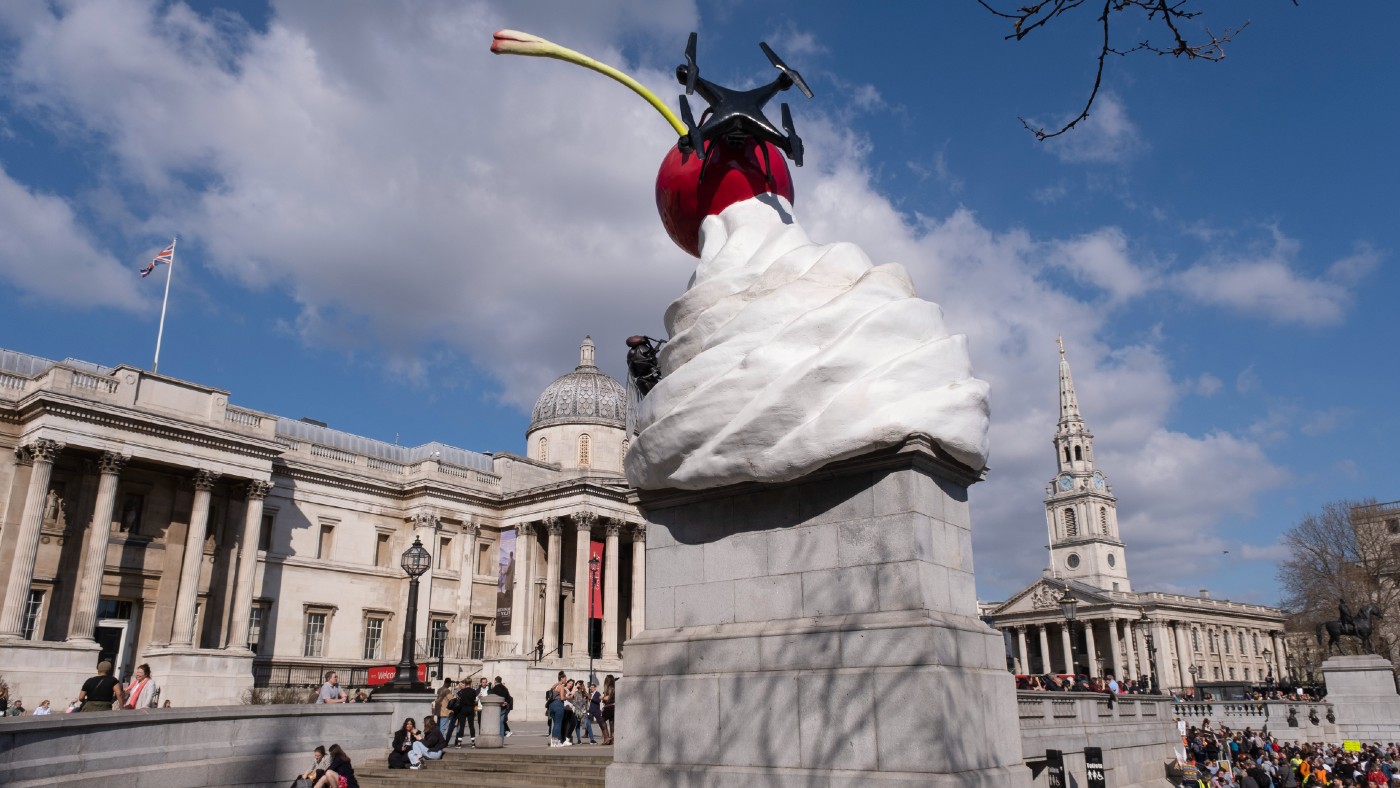 The Turner Prize 2022: a ‘vintage’ shortlist?
The Turner Prize 2022: a ‘vintage’ shortlist?Speed Read All four artists look towards ‘growth, revival and reinvention’ in their work
-
 What’s on TV this Christmas? The best holiday television
What’s on TV this Christmas? The best holiday televisionSpeed Read From films and documentaries to musicals for all the family
-
 Coco vision: up close to Chanel opticals
Coco vision: up close to Chanel opticalsSpeed Read Parisian luxury house adds opticals to digital offering
-
 Abba returns: how the Swedish supergroup and their ‘Abba-tars’ are taking a chance on a reunion
Abba returns: how the Swedish supergroup and their ‘Abba-tars’ are taking a chance on a reunionSpeed Read From next May, digital avatars of the foursome will be performing concerts in east London
-
 ‘Turning down her smut setting’: how Nigella Lawson is cleaning up her recipes
‘Turning down her smut setting’: how Nigella Lawson is cleaning up her recipesSpeed Read Last week, the TV cook announced she was axing the word ‘slut’ from her recipe for Slut Red Raspberries in Chardonnay Jelly